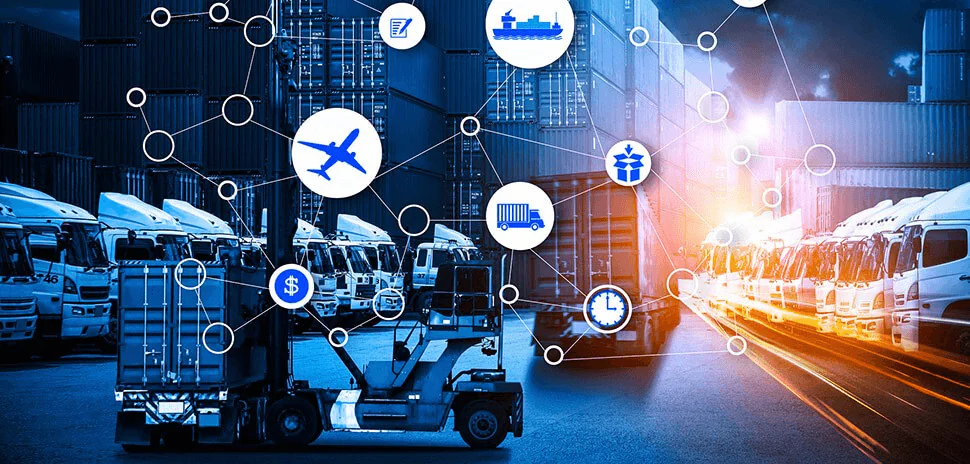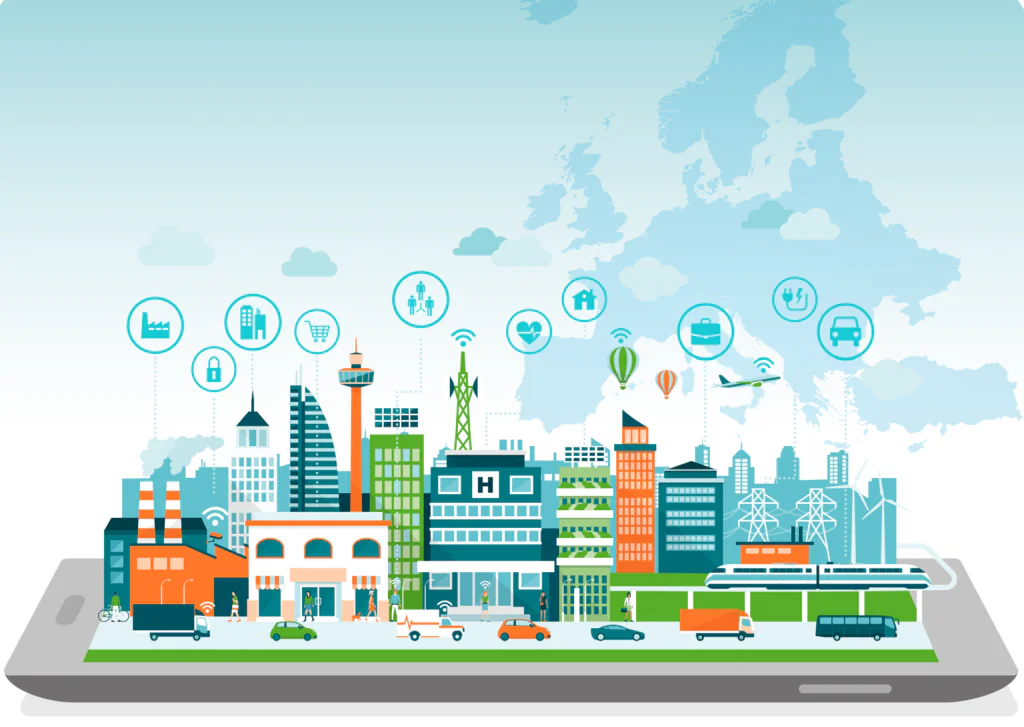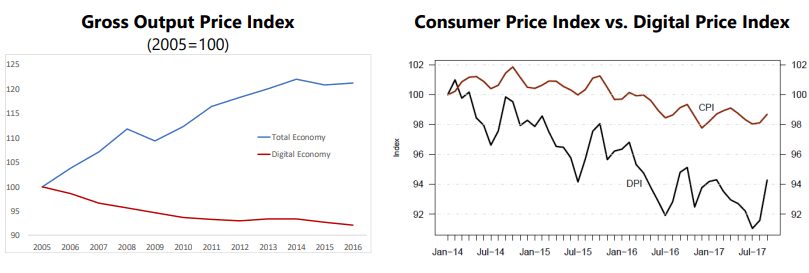The sharp rise in prices makes efficiency in logistics more critical than ever before
The pandemic completely stopped much of the world’s transport. The resulting shock was caused firstly by the pandemic and now by other factors like the war in Ukraine. Its consequences altogether make us understand how important container transport is for the global economy and this is reflected through the consequences of the current prices.

Source: https://www.linkedin.com/pulse/5-logistics-trends-2022-you-should-keep-eye-parnity
The cost of transoceanic container transport increased by 700% during the 18 months following March 2020
According to the International Monetary Fund (IMF), the costs of maritime freight transport are responsible for most of the increase in inflation in the world. In addition, these increases carry “persistent” effects, which imply that the increase in costs in 2021 will translate into more inflation during 2022 and perhaps in the following years.
According to the IMF, all the challenges posed by the pandemic have meant that container transport prices have increased seven times compared to before the pandemic. They also highlight that the cost of transporting bulk goods has risen even more than that of containers. Evidently, the war in Ukraine and the economic sanctions that have been in place for the last six months have degraded this situation even further.
From the time there is an increase in transport costs until it reaches the consumer at the cash desk, there is a 12-month delay.
The IMF considers this a much slower process compared with fuel prices, where the rise in the price of oil leads to increases in gas stations before the following two months.
In this case, the investigations so far tell us that although the increase in transportation costs affects the prices of imported products at the docks in approximately two months, these costs are quickly transferred to producer prices. The impact of the prices that consumers pay at checkout tends to gradually accumulate up to twelve months later.
The European Union firmly believes that betting on digitalization can help combat rising costs through increased efficiency and productivity
The European Union has been distributing economic aid packages to its member countries to promote digitalization in logistics processes to improve traceability and, more generally speaking, optimize freight transport through technology to make transport more sustainable, less expensive, and faster.

Source: https://www.eesc.europa.eu/cs/our-work/publications-other-work/publications/digitalisation-challenges-europe
Accenture, the famous international IT consulting company, believes that companies must begin to bet more firmly on improving their digital capabilities. Investing more in technologies that allow better forecasting of the market and optimizing the supply chain will allow them to live with all the post-pandemic challenges that are stalking companies all over the world.
In a Working Paper published in 2019 by the IMF, it is explained how digitalization can gradually affect prices and influence the prices of goods and services through the reduction in production and in their transport and distribution, more specifically by improving the process efficiency.
Studies show that the prices of online platforms and their inflation levels are lower than those of offline platforms
Not only are inflation and prices lower for companies and digital businesses, but they are also more flexible. Even if they are more flexible, aggregate demand shocks do not affect digital platforms’ prices in the same way, since the prices of platforms and digital businesses usually remain much more stable in this type of situation This means that they can resist these situations much better compared to traditional businesses.

Source: BEA and Goolsbee and Klenow (2018), respectively
The conclusion seems obvious. The digitalization of companies is a vaccine against inflation. Furthermore, digitalization brings with it many other benefits and advantages for both companies and consumers since digital tools provide great convenience and immediacy compared to traditional methods.
According to the Adobe Digital Price Index, “online inflation” is around 2% and slowing down, while inflation in most countries in Europe and North America is hovering around 10% or even higher in some cases.
Tools like EasyCargo are no longer an extra for many companies. They are now cornerstones in their usual workflow
Digitalization of society is a fact and is not a minor trend in the industry or logistics either. With such high transport costs, many companies can no longer afford to risk not using 100% of the containers for their cargo and shipments.
What a few years ago could be only a tool to facilitate loading cargo and save some time and money, is now much more. It is an essential product that every company that needs to load its products to transport them, whether regularly or not, should have unless they are willing to give up their benefits in the long run.
Right now, the difference between being digitalized and using EasyCargo (try it for free for 10 days), or doing loads in an old-school manner, by hand, can easily result in having a profit or a loss in every shipment. What is also evident is that in the end, all companies must bet on technology if they want to grow and be at the forefront in their respective fields.




